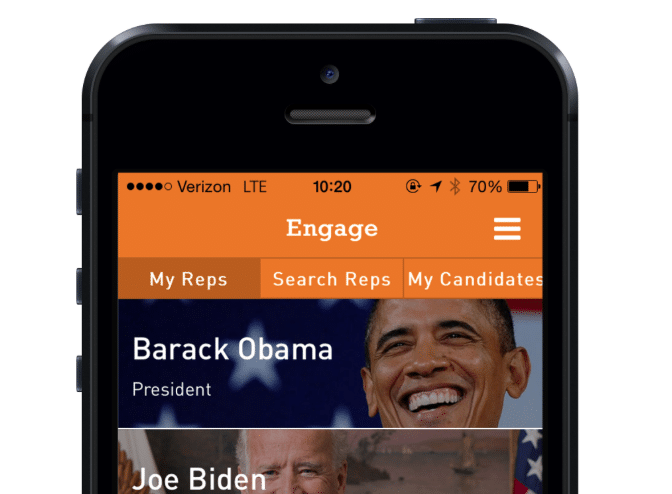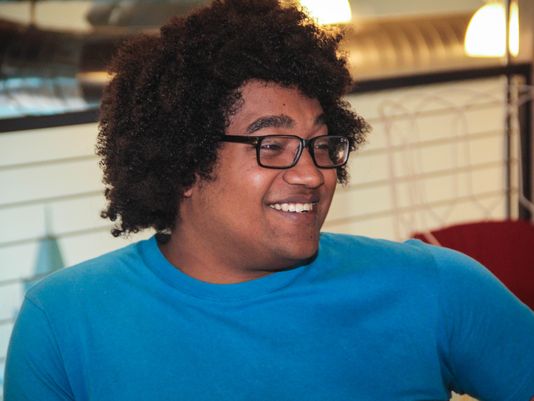The technology industry’s diversity problem is no secret anymore, but one Black CEO who has managed to break into the predominantly white industry says technology actually has the potential to encourage and promote racial equality.
Most of the concerns about the lack of Black people in the tech world deal with biased hiring practices and limited educational resources for Black students interested in tech, but Civic Eagle CEO Damola Ogundipe explained that the lack of diversity in Silicon Valley has even greater implications than one might initially think.
Ogundipe explained that technology, the same industry that has turned its back on Black entrepreneurs for years, could be a great tool to help advance discussions of racial inequality in America.
“What we can see is that technology improves connectivity on all levels,” he told Tech.co. “It allows us to connect across geographical locations and cultures, and it gives us even more opportunities to have honest and open conversations. Mobile technology can literally put the world at our fingertips; social media can make political movements grow like wildfire around the globe.”
That was certainly the case with movements like #BlackLivesMatter and the Atlanta-based #ItsBiggerThanYou rally that brought more than a 1,000 protesters into the streets in support of Michael Brown, the unarmed Ferguson, Missouri, teen who was gunned down by police officer Darren Wilson.
He added that, “Civic technology can provide us with opportunities to make improvements in the civic space and allow people to connect to movers and shakers of social causes, community organizations, legislation, policy-makers and political candidates — faster and more efficient than it ever has been.”
This power that technology potentially has to be a great weapon in the war against racial inequality makes it all the more disappointing that Black voices aren’t present in the industry.
Ogundipe explained that many aspiring Black tech entrepreneurs have ideas that are important for the entire world as well as their own communities, but they are shut out of the market because investors only tend to invest in the type of entrepreneurs that are familiar to them.
“Investors tend to invest based on patterns,” he said. “It helps mitigate risk and is completely logical and pragmatic. However, this presents difficulties for black leaders because the pattern of success has typically been a white male from a certain background with certain skills and experiences.”
Fortunately, there are some tech ideas, like Ogundipe’s own Civic Eagle, that are making it a point to help better facilitate much-needed conversations about racial inequality and the overall landscape of politics.
“The concept for Civil Eagle came from a feeling of frustration with the current civic environment,” he said. “There’s actually one specific moment that kind of pushed me to build Civic Eagle: I was flipping back and forth between news channels, trying to understand the Affordable Care Act, but instead I would get different — and purposefully biased — interpretations of a specific section of the bill.”
Civic Eagle helps strip away the bias so people can really figure out what’s going on inside their government. The app shares new pieces of legislation and allows users to create safe forums to host debates and reach their own decisions about policies.
Being better informed about new legislation can help the Black community really figure out who has been fighting for them politically and who has been hiding behind empty promises to push for the types of policies that could help address racial inequality.



